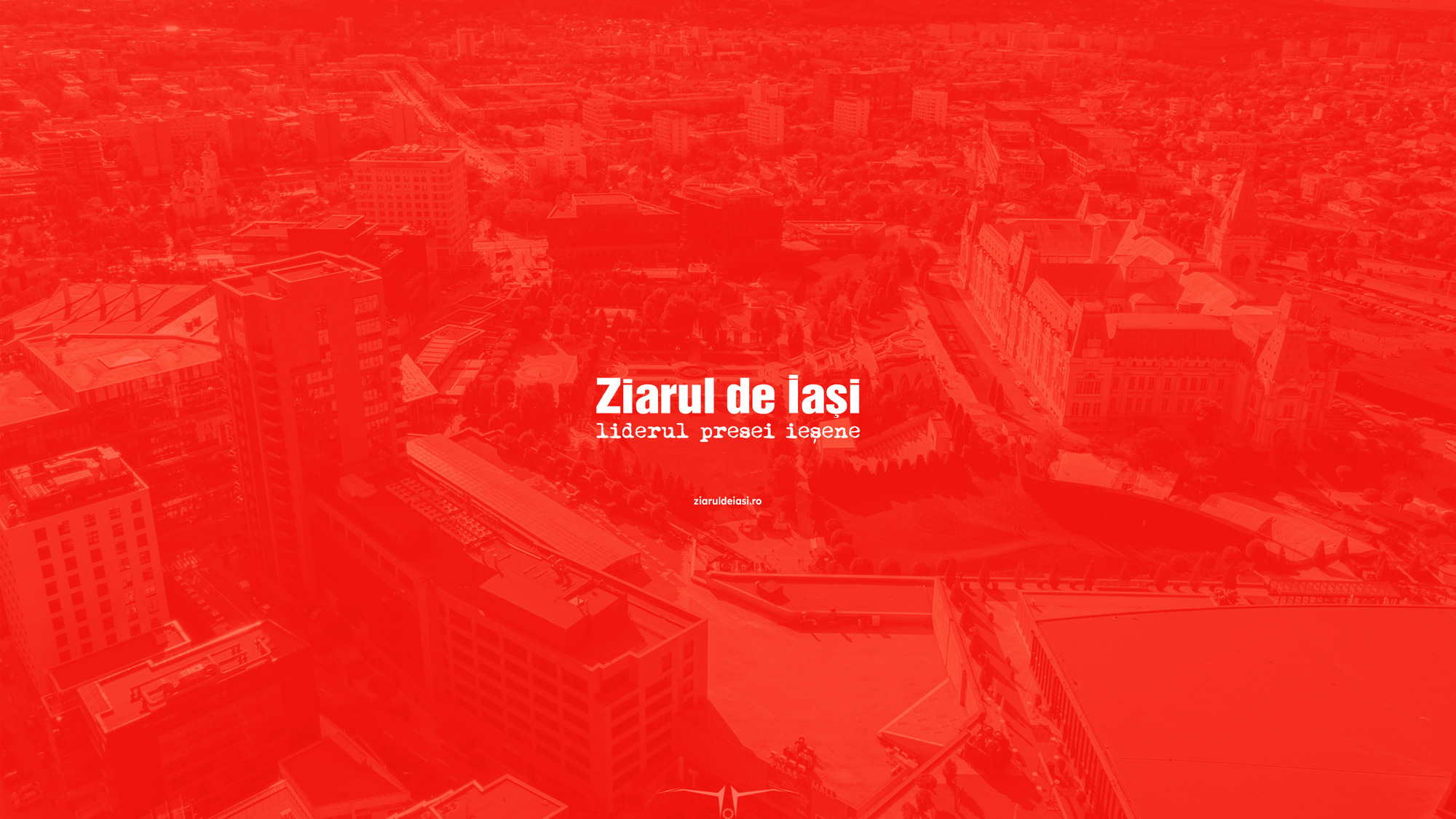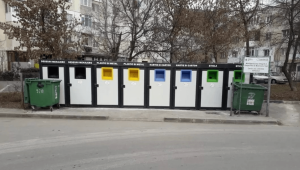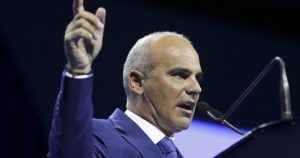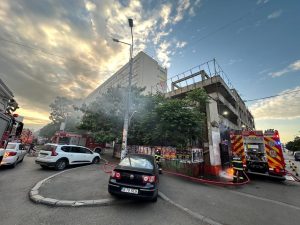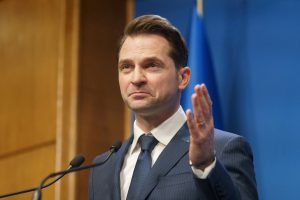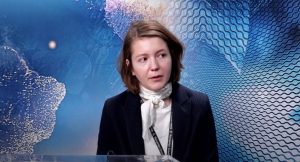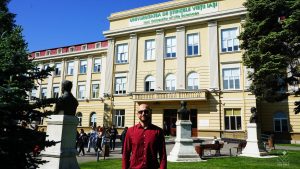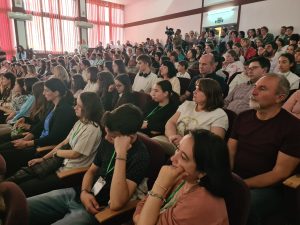
Last month, the reporters specialized in political issues seemed to be exasperated. They couldn’t find enough debatable topics after the November elections, and such a thing did not happen in 1992 or 1996. What are politicians doing?
Where are the times when every appointment in a ministry was preceded by one month of negotiations and journalists used tons of ink in order to describe all the attacks between parties and politicians?
Such negotiations do not last anymore – the present government, even if it is a minority one, is made up of a unique party. During the last months, all the readers fond of journals were deprived of the political carnival everyone was expecting. But the silence affecting the rest of the political scene (i.e. the other parties from the Parliament) is less explicable. Could this be interpreted as the first sign of normality which appears in our agitated political life?
Yes and no. No because the present political context is a special one. PDSR (Social Democracy Party) made the government by itself, but negotiated its support with all the other political parties, excepting PRM (Great Romania Party). Consequently, none of these parties can criticize, at least for a while, the activity of the Executive. As for PRM, this party seems to have more problems with finding its own identity than with positioning itself in relation to the new government.
However, we have enough reasons which entitle us to say that there are certain signs indicating a certain normalization of the Romanian political life.
Since 1990, every rational dialogue between the ruling parties and the opposition has been marked by rancour and, in most of the cases, it was impossible to realize. Both Ion Iliescu, a politician who couldn’t have a normal relationship with his political enemies and the arrogant leaders of the Democratic Convention could be held responsible for that.
The result of the November 2000 elections marginalized these two main actors of the Romanian political scene. On the one hand, Iliescu has become the second political figure of his group, while PNTCD (Peasants’ Christian Democratic Party) has disappeared from the most important part of the political scene, since it is not a member of the Parliament anymore.
It is not difficult to understand why Ion Diaconescu, a veteran of the communist prisons, could never discuss with Ion Iliescu, a former communist prime-secretary. At the same time, it is very understandable why Petre Roman could never forgive Ion Iliescu for the 1991 betrayal.
During the weeks to come, two important political events will take place: Adrian Nastase will become the PDSR president and Valeriu Stoica will become the PNL (National Liberal Party) leader. As for PD (Democratic Party), we cannot anticipate any major event, which is however likely to happen. PD became a parliamentary party due to Traian Basescu and other two vice-presidents, not due to Peter Roman. If the PD representatives are not able to understand the evolution of the internal political life, they will lose a lot in the future.
11 years have elapsed since the Revolution. In most Western states, any new electoral cycle means the renewal of the generations of political leaders. We needed almost three such cycles in order to favor the appearance of new political figures. In a very short time, we shall witness the ascension of a totally different generation of leaders. Even if they are likely to become enemies, Adrian Nastase and Valeriu Stoica will be able to participate in a dialogue which shall not be stopped by a sentimental barrier. Sooner or later, Traian Basescu, who is not Nastase’s enemy, whatever the press might say, will become the PD leader. UDMR (Democratic Union of Romanian Magyars) has always been pragmatic enough in order to go beyond any useless vainglory. As for PRM, it shall remain an isolated party for a very long period of time. This is a political "landscape" which might be assigned to a normal country.
A few years ago, a political commentator said that the Romanian electorate would never appreciate an intelligent and discreet political gesture. But by interpreting Romania’s new political configuration, we might say that that commentator was wrong when he used the term "never".
From now on, we are very likely to have a boring political life. But this happens only in countries where democracy functions normally. For the time being, everything we have mentioned above are just suppositions. Many Romanians are still too passionate when they comment upon the country’s political life and some of them still assign their personal failures to political parties.
If the above-mentioned suppositions prove to be valid, we might want to position ourselves differently in relation to the political life. (Claudiu RAUS)

